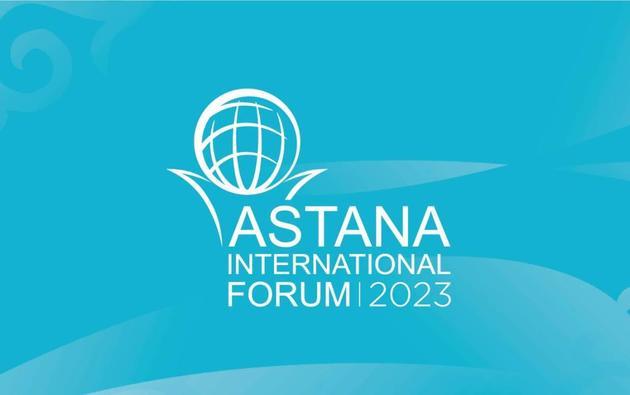The Astana International Forum has kicked off today in the Kazakh capital. It is attended by more than 1,000 participants from around 70 countries, including leaders, heads of state, government officials and directors of international and multinational organisations.
Prominent delegates from governments and international organisations, as well as businessmen and academics, will engage in dialogue and search for ways to confront current global challenges, such as climate, food scarcity and energy security challenges.
Previously known as the Astana Economic Forum, the forum was first organised by the Kazakh government in 2008, and its new title reflects the broader range of topics that are set to be discussed at the forum.
The forum's edition for 2023, which is held under the slogan 'Our Mission,' aims to unite efforts to confront global challenges. The forum will include more than 40 panel discussions and side events covering various topics, such as rethinking peace, conflict and the global order, the future of pluralism, climate change, green transition, energy security, international diplomacy and security, as well as the UN' role in ensuring peace and security.
"Through the Astana International Forum, we hope to build new bridges and strengthen ties, as we come together to overcome the collective challenges we face, charting a new way forward – diplomatically, economically and politically," President of Kazakhstan Kassym-Jomart Tokayev said.
Topics will also include Central Asia and its role on the global stage midst new challenges, including water scarcity, trade routes diversification in the region and the possible opportunities for Central Asia to reinvent itself as a major global player.
Discussions will moreover cover modernising transport and logistics infrastructure, renewable energy and the evolution of carbon markets in the context of carbon neutrality, assessing progress on global health emergency preparedness and response, economic recovery and resilience-building measures, the impact of global supply chain disruptions on food security, the future of multilateralism and the adoption of major reforms in the energy sector.






